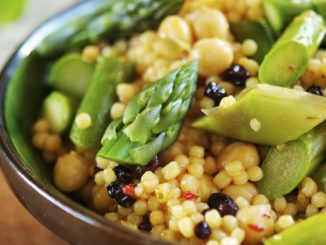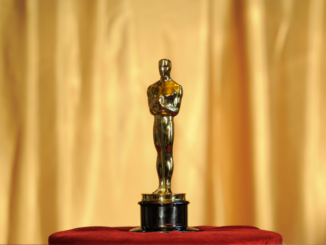
Irish martial artists often perform above and beyond the support they receive; Take Josie Murray, the soft spoken Letterkenny publican (and 7-Time world Jiu Jitsu Champion). Or perhaps the more obvious choice, Conor McGregor, the outspoken UFC champion.
DCU student Aaron McLoughlin could be the next to join the pantheon. Jet-lagged but still pleasant, the Mayo Karate aficionado spoke to The College View.
He placed 9th in the Under-21 World Karate Championships in Jakarta, Indonesia, a cherry to top his successful underage Karate career ahead of his move to senior competition.
“I’m very happy with where I finished; they only come around every two years so in one way you have more time to prepare but in another way, your time is running out when you’re in a youth category as well.”
What makes this achievement all the more impressive is that martial arts receive little funding from the Irish Sports Council.
Judo, up until 2011, got no high performance funding from the council. When it began to receive funding, it only got €11,000. In an international sport like Judo, that would seldom pay for one competitive athlete’s trips around the world. To the detriment of athletes like Aaron, even that is too much of a stretch for karate – it receives no high performance funding at all.
“Karate has been in Ireland for years – we’ve always had good athletes that have travelled abroad but due to funding the progress that athletes can make within karate is quite limited.
“We just have to move forward with what we have.”
With its main events taking place overseas, It can prove harder for Karate to grow popular, let alone source funding, from communities like Aaron’s. He comes from Swinford, Co. Mayo, the wild west of Ireland, where sports like Gaelic football are deeply embedded in the psyche.
“…everywhere in Ireland it’s about GAA. Athletics has a lot of popularity as well but with karate being a minority sport, there’s not a popularity among people for it.
“There are things you have to do like table quiz events and church gate collections. Where we can and can’t go is dictated to us in relation to our money.”
This handicaps Irish athletes – competing against people from countries that live and breathe karate lays bare the holes in the Irish support systems, but they are by no means looked down upon (by opponents).
“When you go over and mix with those people, everyone is respected no matter what country you’re from. It doesn’t matter what funding you have or what coaches you have. Everyone is just there to compete and enjoy the event, and because it is karate there is a big element of respect in the sport that comes through.”
Respect can only make his lifestyle so much more bearable – juggling life as a student in DCU often brings problems of its own.
“The college offers good opportunities for me and my sport and it gives me good supports – but it can be difficult too – you’re still a student, you still have to pass your exams, and at the same time you have to compete at a high level.”
That level becomes clear whenever you break down his routine – five days a week of karate training. Add some intense fitness training on top of that some days and that’s before you even talk weight categories.
“An element people don’t talk about is that it’s a weight category sport – I can’t stay under my weight permanently so you need to watch that.
“It can be very tiring, but it’s just an element of what we do. We try and plan out our events as best we can so that we don’t have any disruption when it comes to that time.”
Planning for events means organising training for months, even years in advance. With it looking increasingly likely that karate will be included as a sport in the 2020 Summer Olympics in Tokyo, Aaron will be aiming to qualify to represent Ireland but a lot of ambiguity still surrounds the process.
“We’re not quite sure on the qualification procedure. I’m sure that there will be some sort of world or european ranking – at Under-21 level and at Junior level I’ve been ranked well, so hopefully I’ll continue that, and when the time comes for Olympic qualification I’ll be there or thereabouts to progress into a qualification place.”
Given all of the effort and the investment it would surely be easier to adopt a sport that at least pays. Would he be tempted across to mixed martial arts?
“No, absolutely not. I don’t think it’s for me.
“I’m in the sport because I love what I do, I enjoy what I do and it is an amateur sport. These other sports, what funding they get or what other things it attracts to these other sports, It doesn’t really affect what I do.”
Ryan McBride




Leave a Reply